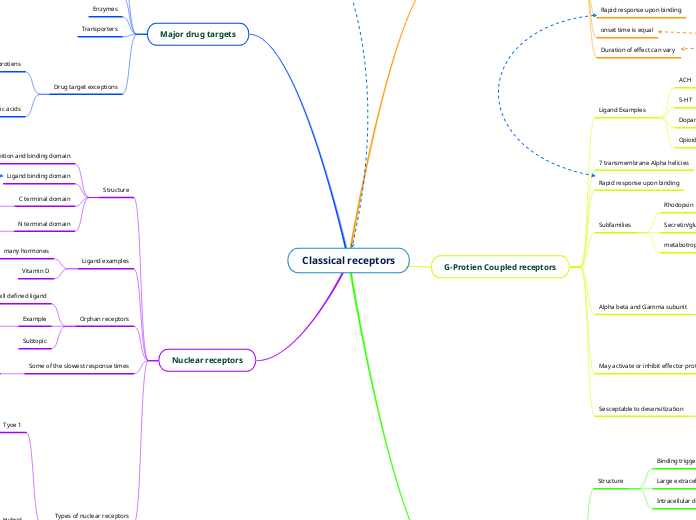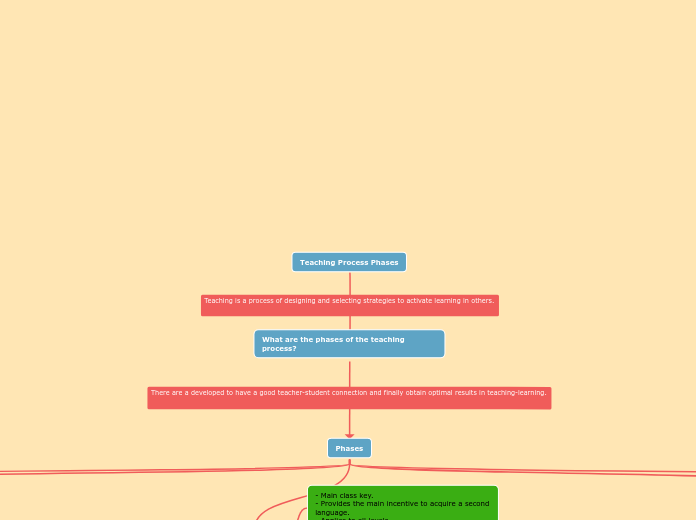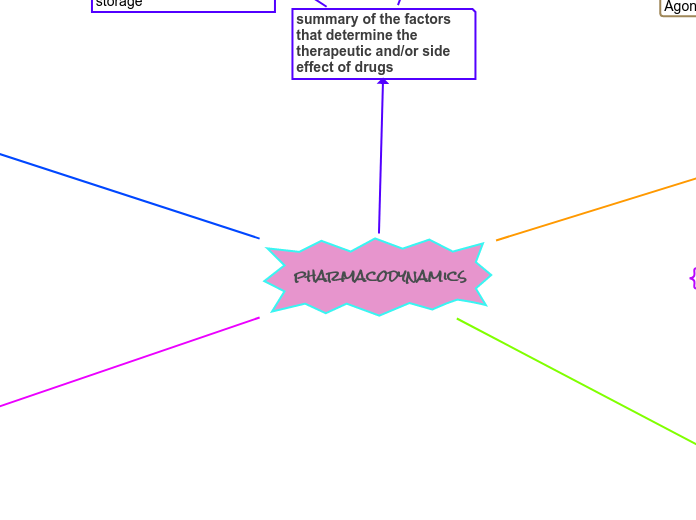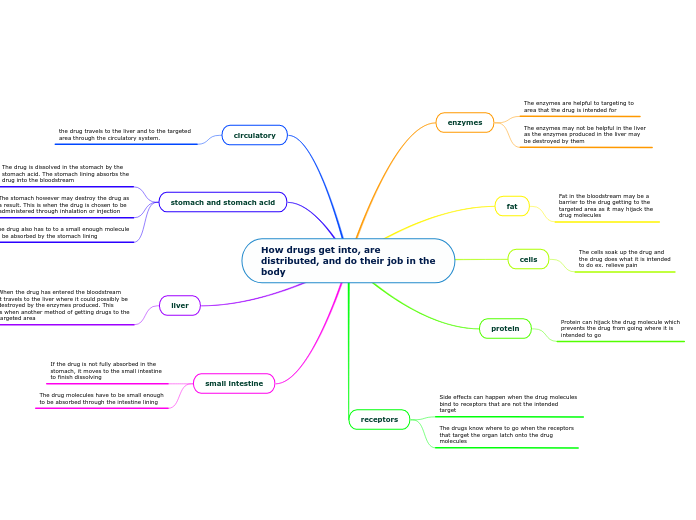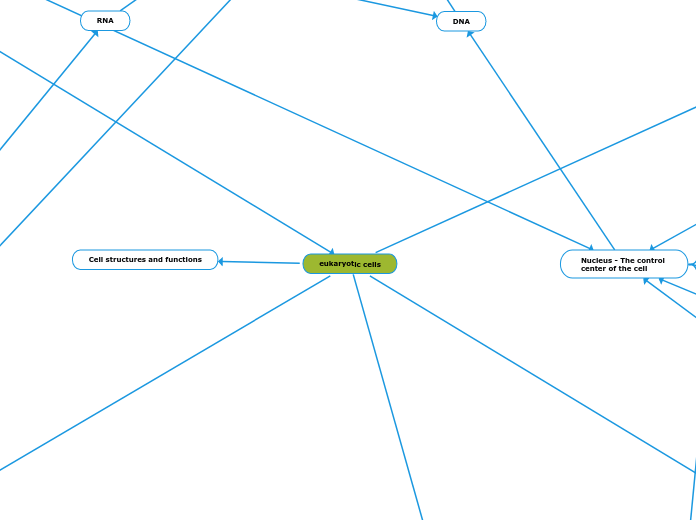I apologize, i had this done last week and just neglected to press submit, I will be on top of it for the rest of the quarter
Classical receptors
Nuclear receptors
Types of nuclear receptors
Type 2
common receptor types
xenobiotic receptors
Activates drug metabolizing
enzymes such as CYTP3A
Cholesterol receptors
Fatty acid receptors
form homodimers with Retinoid x receptor
primarily in nucleus
Hybrid
Examples
Vitamin D receptor
Thyroid hormone receptor
Form obligate heterodimers with RXR
Tyoe 1
primarily bind:
oestrogen, progesterone, androgen
Mineralocorticoids
Glucocorticoids
Form homodimers on ligand
Found in cytoplasm
Some of the slowest response times
Hours to days
Orphan receptors
Subtopic
Example
RXR receptor
No well defined ligand
Ligand examples
Vitamin D
many hormones
N terminal domain
Controls interactions with cofactors
C terminal domain
Governs nuclear localization
Ligand binding domain
DNA Recognition and binding domain
Major drug targets
Drug target exceptions
Drugs target nucleic acids
Antisense and siRNA targets
DNA/RNA metabolism
Drugs target other specific protiens
Signaling protiens
structural protiens
Transporters
Enzymes
ion channels
Main topic of lecture
Kinase linked receptors
Receptor examples
Cytokine receptors
Associate with Cytosolic tyrosine kinases
Serine/Threonine kinase
Transforming growth factor receptor
Receptor tyrosine kinases
Toll like receptors
Growth factor receptors
Ligand examples:
bacterial lipopolysaccharides
Cytokines
Growth factors
Insulin
Structure
Intracellular domain
Large extracellular binding site
Binding triggers dimerization of receptor
G-Protien Coupled receptors
Sesceptable to desensitization
Clinically, may need to increase dosage over time
Caused by excessive activation of GPCR
Occurs through phosphorylation of cytoplasm tail
May activate or inhibit effector protien
Alpha beta and Gamma subunit
Beta and Gamma subunits may bind targets
upon binding Alpha subunit converts GDP to GTP
Alpha subunit may continue affect
effector protein randomly
GTP activates effector protien
Beta and gamma stay bound
Subfamilies
metabotropic glutamate receptor/Ca sensor
Secretin/glucagon
Rhodopsin
7 transmembrane Alpha helicies
Ligand Examples
Opioids
Dopamine
5-HT
ACH
Ligand Gated ion channel
Duration of effect can vary
onset time is equal
Rapid response upon binding
primarily mediate chloride transport
Upon binding, channel changes
conformation to allow ions to pass
2 neurotransmitter binding receptors
5 subunit ligand
Receptor Examples
GABA type A receptor
5-hydroxytryptamine type 3 (5-HT3) receptors
Nicotinic ACH receptor
